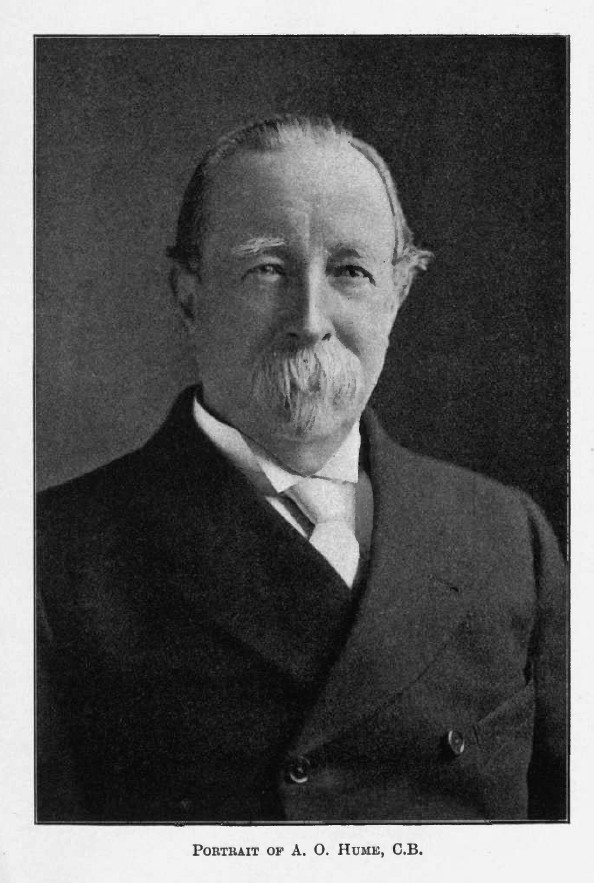On Thursday, Scotland will go to the polls to decide on whether it wants to become an independent nation. The verdict will have a profound impact on the future of the United Kingdom. As it turns out, some prominent Scots were involved in India's freedom movement. Here's a look at the most prominent of them.
Allan Octavian Hume
Civil servant Allan Hume was one of the leading spirits behind the formation of the Indian National Congress, which led the struggle for Indian independence. He was a general secretary for the party for 22 years and worked to give Indians a more democratic, representational government.
Sister Nivedita
Born Margaret Elizabeth Noble, Sister Nivedita was a social worker, teacher and disciple of Swami Vivekananda. She came to India to follow Swami Vivekananda but as she witnessed the brutality of British rule, she threw herself into the nationalist cause. She played an important role in the movement against the partition of Bengal in 1905.
William Wedderburn
Sir William Wedderburn was the president of the Indian National Congress in 1889 and 1910. As a civil servant, he was seen as supporting Indian aspirations and was denied a job in the Bombay High Court. This led him to retire early to help start and run the Congress.
James Keir Hardie
A Labour Party member of the British Parliament, Keir Hardie started life working in coal mines as a child. He was an enthusiastic campaigner for self rule in India. The Scotsman visited India for two months in 1907 to observe the unrest that followed the partition of Bengal. He caused a storm in the UK by saying “the condition of Bengal was worse than that of Russia,” and that “the atrocities committed by officials would, if they were known, evoke more horror in England than the Turkish outrages in Armenia.” As a token of gratitude for his support, Mahatma Gandhi later gave Hardie one of his walking sticks.
Allan Octavian Hume

Civil servant Allan Hume was one of the leading spirits behind the formation of the Indian National Congress, which led the struggle for Indian independence. He was a general secretary for the party for 22 years and worked to give Indians a more democratic, representational government.
Sister Nivedita

Born Margaret Elizabeth Noble, Sister Nivedita was a social worker, teacher and disciple of Swami Vivekananda. She came to India to follow Swami Vivekananda but as she witnessed the brutality of British rule, she threw herself into the nationalist cause. She played an important role in the movement against the partition of Bengal in 1905.
William Wedderburn

Sir William Wedderburn was the president of the Indian National Congress in 1889 and 1910. As a civil servant, he was seen as supporting Indian aspirations and was denied a job in the Bombay High Court. This led him to retire early to help start and run the Congress.
James Keir Hardie

A Labour Party member of the British Parliament, Keir Hardie started life working in coal mines as a child. He was an enthusiastic campaigner for self rule in India. The Scotsman visited India for two months in 1907 to observe the unrest that followed the partition of Bengal. He caused a storm in the UK by saying “the condition of Bengal was worse than that of Russia,” and that “the atrocities committed by officials would, if they were known, evoke more horror in England than the Turkish outrages in Armenia.” As a token of gratitude for his support, Mahatma Gandhi later gave Hardie one of his walking sticks.
Buy an annual Scroll Membership to support independent journalism and get special benefits.
Our journalism is for everyone. But you can get special privileges by buying an annual Scroll Membership. Sign up today!